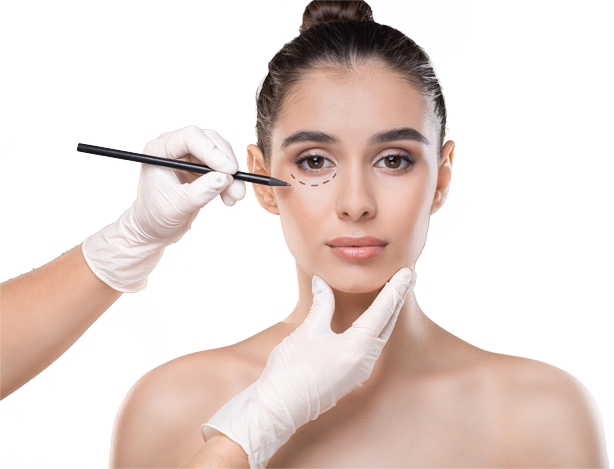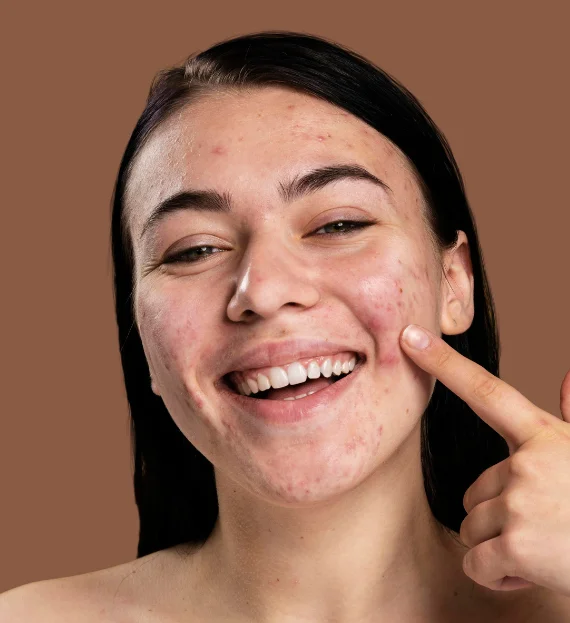Acne scars reduction
Most Popular Procedures
Acne scars can be frustrating to deal with, but there are several things you can do to reduce their appearance. Here are some tips on how to reduce acne scars:
Keep your skin clean: Good skincare is key to reducing the appearance of acne scars. Keep your skin clean by washing your face twice a day with a gentle cleanser.
Use exfoliants: Exfoliating can help to remove dead skin cells and promote cell turnover, which can help to reduce the appearance of acne scars. Use a gentle exfoliant once or twice a week, or as recommended by your skincare professional.
Use retinoids: Retinoids are derived from vitamin A and are a powerful anti-aging and anti-acne ingredient. They can help to reduce the appearance of acne scars by promoting cell turnover and stimulating collagen production.
Acne scars reduction
Multiple Treatment Options
Consider professional treatments: There are many professional treatments available that can help to reduce the appearance of acne scars, including chemical peels, microdermabrasion, and laser resurfacing. It’s important to consult with a licensed skincare professional to determine which treatment is right for you.
Wear sunscreen: Sun damage can exacerbate the appearance of acne scars, so it’s important to wear broad-spectrum sunscreen with an SPF of 30 or higher every day.
Use silicone sheets or gels: Silicone sheets or gels can help to reduce the appearance of raised or hypertrophic acne scars by providing pressure and moisture to the skin.
Be patient: Reducing the appearance of acne scars takes time and consistency. Stick with a good skincare routine and be patient as you wait for results.
Remember, if you have deep or severe acne scars, it’s important to consult with a dermatologist or licensed skincare professional for personalized treatment recommendations.
Faq
Frequently Asked Questions
A: It is difficult to completely remove acne scars, but their appearance can be significantly improved with the right treatments and skincare routine.
A: The time it takes for acne scars to fade varies depending on the severity of the scars and the treatment used. It can take several months to a year or more to see significant improvement.
A: There are some natural remedies that may help to reduce the appearance of acne scars, such as using aloe vera, honey, or lemon juice. However, it's important to note that these remedies may not work for everyone and may not be as effective as professional treatments.
A: Some professional treatments for reducing acne scars include chemical peels, microdermabrasion, laser resurfacing, and dermal fillers. It's important to consult with a licensed skincare professional to determine which treatment is best for you.
A: Early and effective treatment of acne can help to prevent acne scars from forming. It's important to avoid picking at or popping acne, which can increase the risk of scarring.
A: Some professional treatments for acne scars, such as chemical peels or laser resurfacing, may have side effects such as redness, swelling, or temporary discoloration. It's important to consult with a licensed skincare professional to understand the risks and potential side effects of any treatment.
A: While skincare products alone may not completely eliminate acne scars, they can help to improve their appearance. Look for products that contain ingredients such as retinoids, vitamin C, or alpha-hydroxy acids, which can help to promote cell turnover and collagen production.
A: Some acne scar reduction treatments may not be suitable for all skin types, particularly those with darker skin tones. It's important to consult with a licensed skincare professional to determine which treatment is best for your skin type and concerns.






